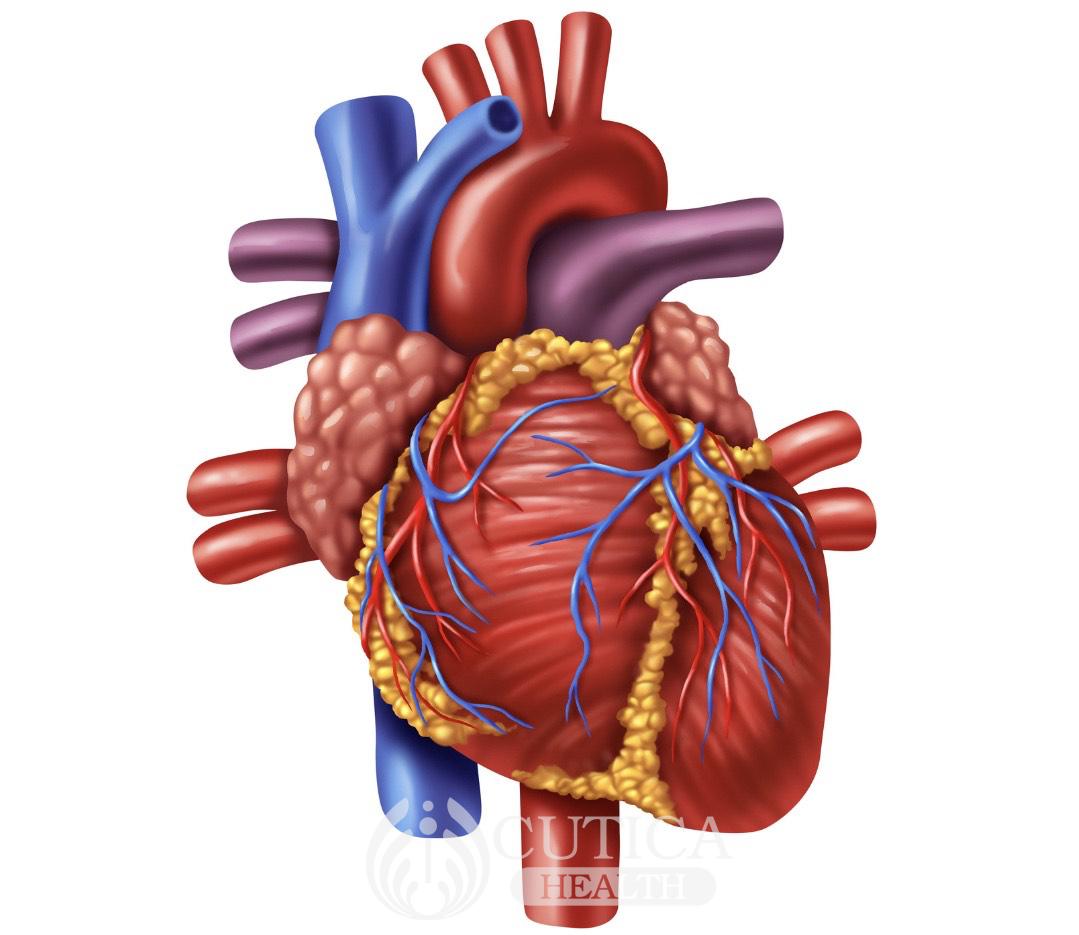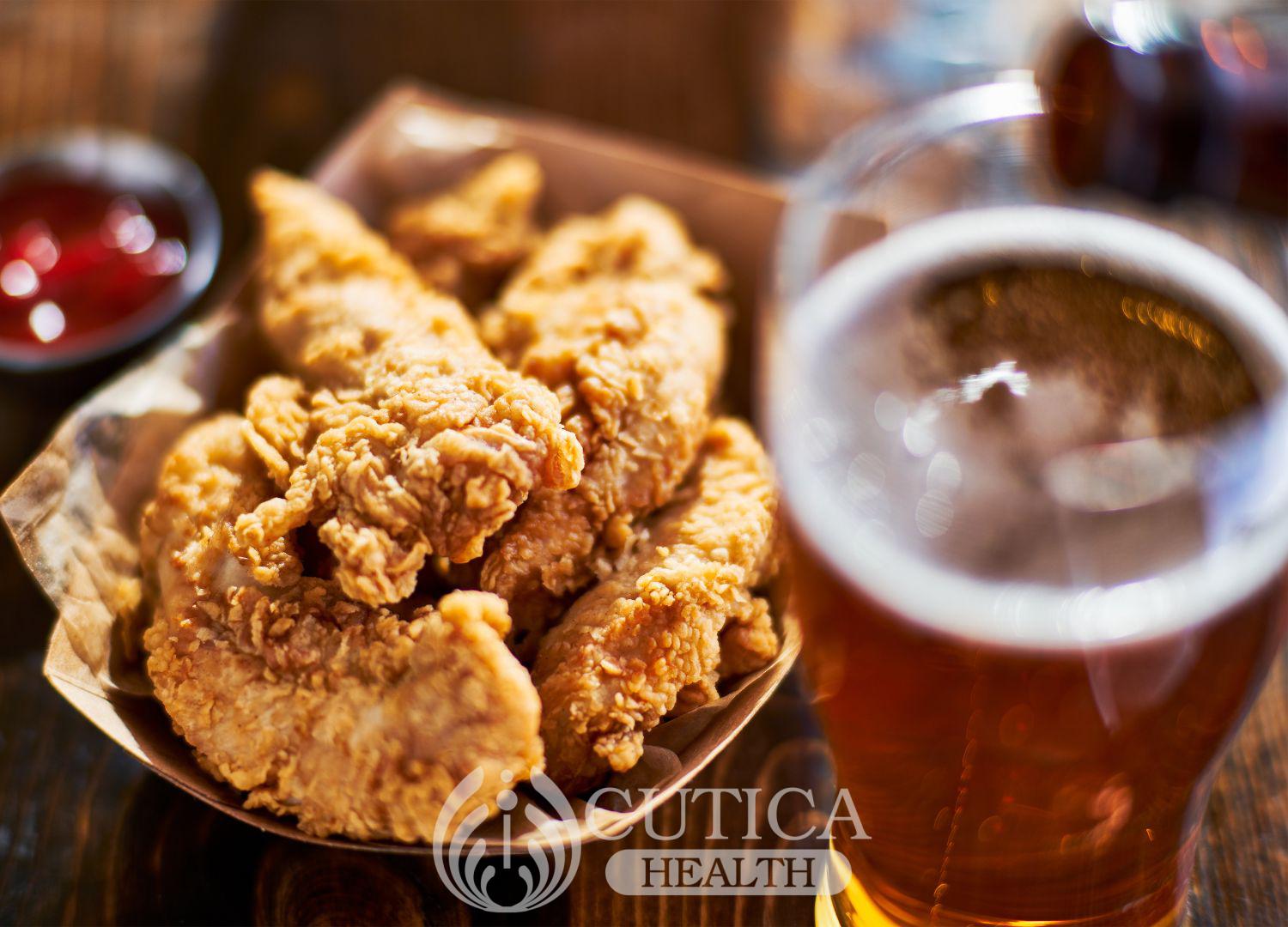
The brain uses between 20 and 40% of the nutrients we consume daily. It draws energy from the calories in food and several important functions are maintained by the minerals and vitamins in our diet. In essence, what we eat and drink affects how well our brains function and the quality of our mental health.
Supplements are not meant to replace necessary medication or food sources, instead they act as a support, providing access to relevant minerals that may be absent in our diet or are present at very low levels. Just as our body requires a balanced diet to be physically healthy, our brains also require many essential nutrients to function properly.
Here are 3 essential supplements for optimal mental health:
B Vitamins
There are 8 B vitamins: B1 (Thiamine), B2 (Riboflavin), B3 (Niacin), B5 (Pantothenic acid) B6 (Pyridoxine), B7 (Biotin), B9 (Folate), B12 (Cobalamin) and they play several essential roles in the body. Some of these roles include regulating the stress-response and preventing burnout; production of brain chemicals such as dopamine, norepinephrine, and serotonin; hormone regulation, and in the production and maintenance of DNA and other key proteins. Low levels of the B vitamins have been linked to sleep disturbances, irritability, low energy, and mood disorders such as anxiety and depression.
B vitamins supplement can help boost your energy and improve your memory. A B-complex supplement is best as it contains all or most of the relevant B vitamins that your body needs.

Probiotics
A healthy gut/stomach is extremely essential to good mental health. The gastrointestinal tract (consisting of the stomach and intestines) produces important chemicals such as serotonin and dopamine which help in regulating our mood and emotions. A diet rich in probiotics is a good way to keep your stomach in top form.
Probiotics refer to substances that maintain the healthy bacteria in our stomach and other digestive structures. They act like a fertilizer, enabling the growth of good microorganisms in the stomach, keeping the GI tract and the nervous system healthy by default. Probiotics are obtained from various foods such as kimchi, yoghurt, kombucha, kefir, tempeh, as well as from supplements. Some studies have shown that probiotics may help relieve mild symptoms of depression in some people.
Zinc
Zinc is an important mental health supplement, widely known for its antidepressant properties. It influences the growth and maintenance of nerve cells (neurons) in the brain. The brain needs an adequate number of neurons to adapt to change, stress, or traumatic situations. Low zinc levels in the body can alter our ability to cope, thereby increasing the risk of developing depression.
Foods such as red meat and oyster contain a large amount of zinc and pill supplements are also available. Zinc supplements should be taken with food to avoid nausea. It is important to note that too much zinc may affect how other minerals are absorbed in the body. Therefore, it is important to see a doctor before starting zinc supplements to determine the appropriate dosage.

Conclusion
Supplements serve as a gentle booster for good mental health. They can help with reducing fatigue and tiredness, improving memory, and boosting mood. Before starting any supplements, please see a doctor to ensure that you need the supplement, that it won’t interfere with any medication you are taking, and to get advice on the dosage that is suitable for you.












